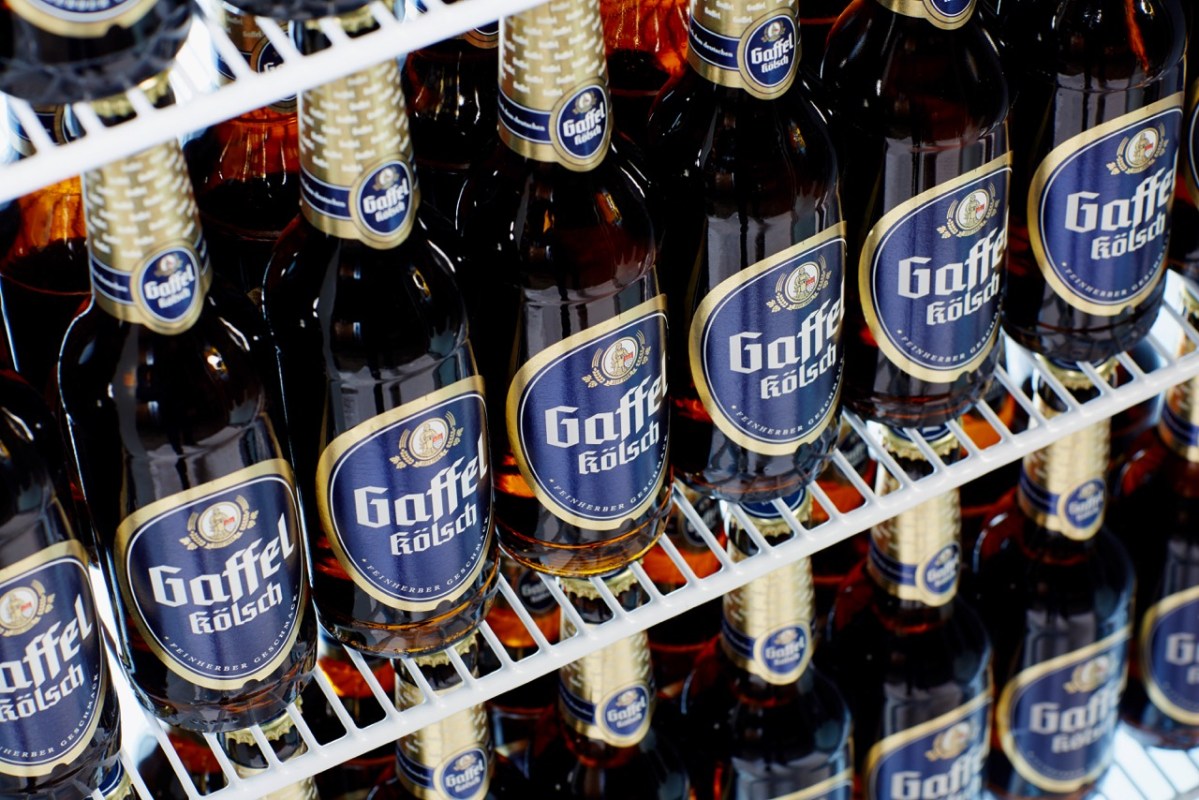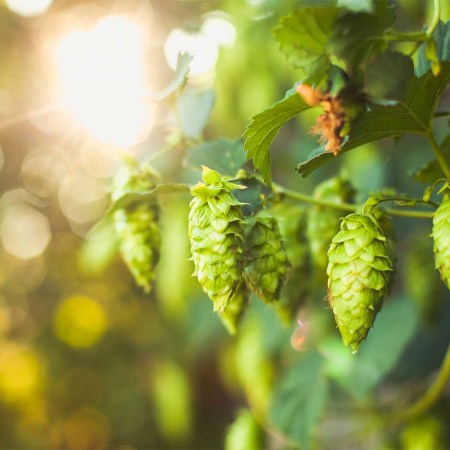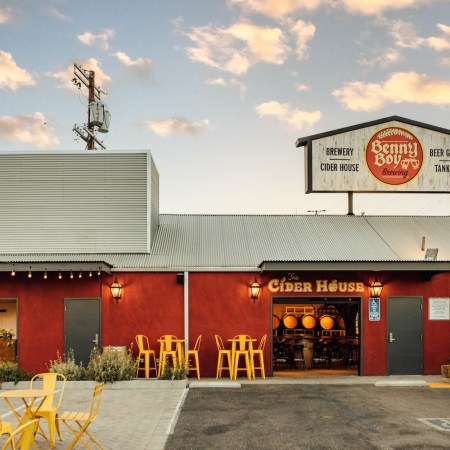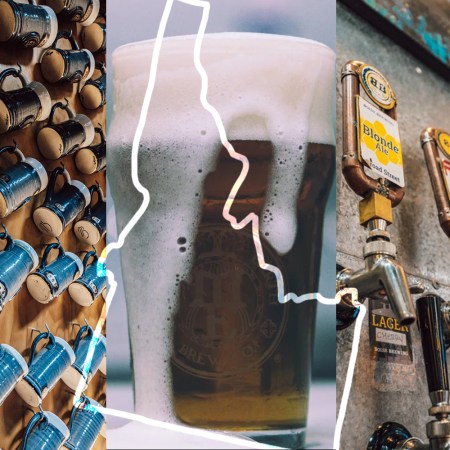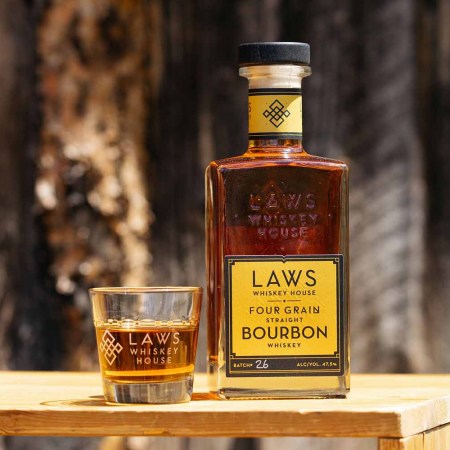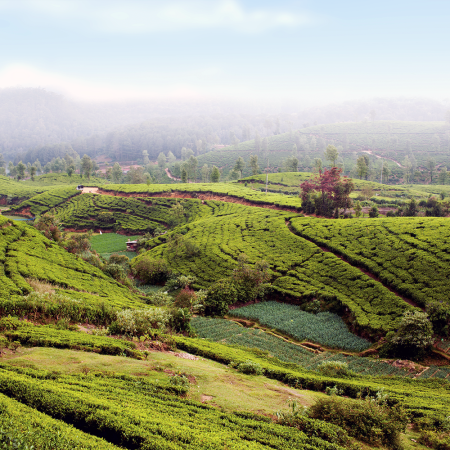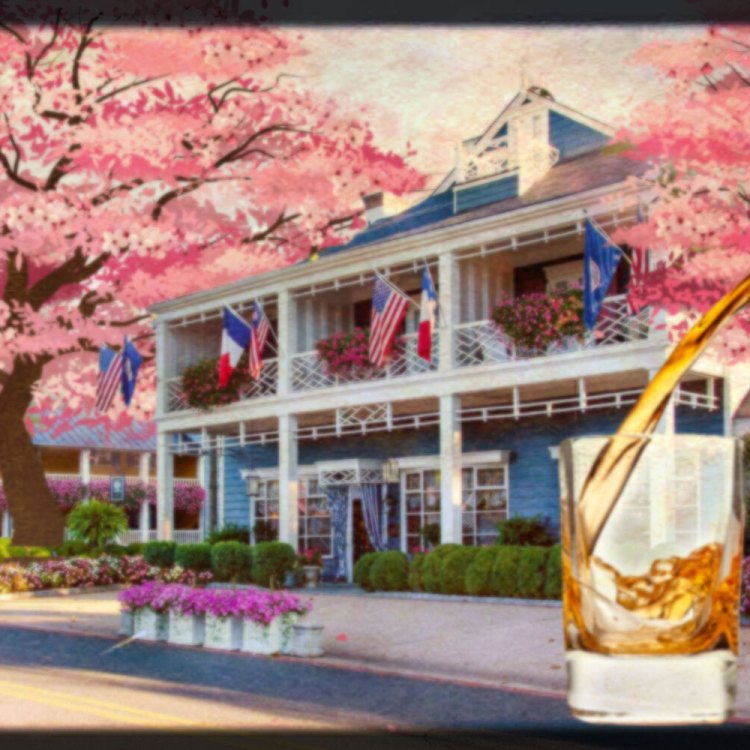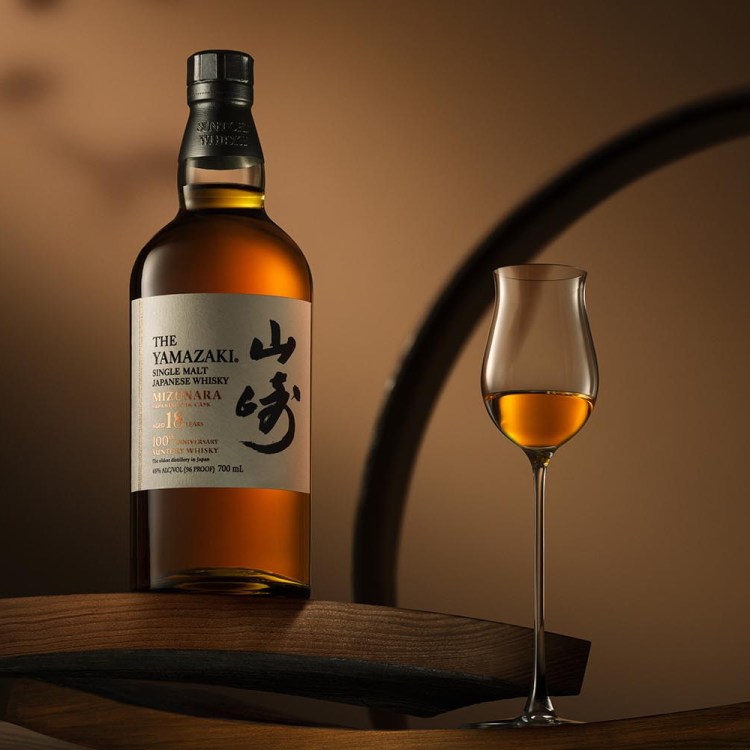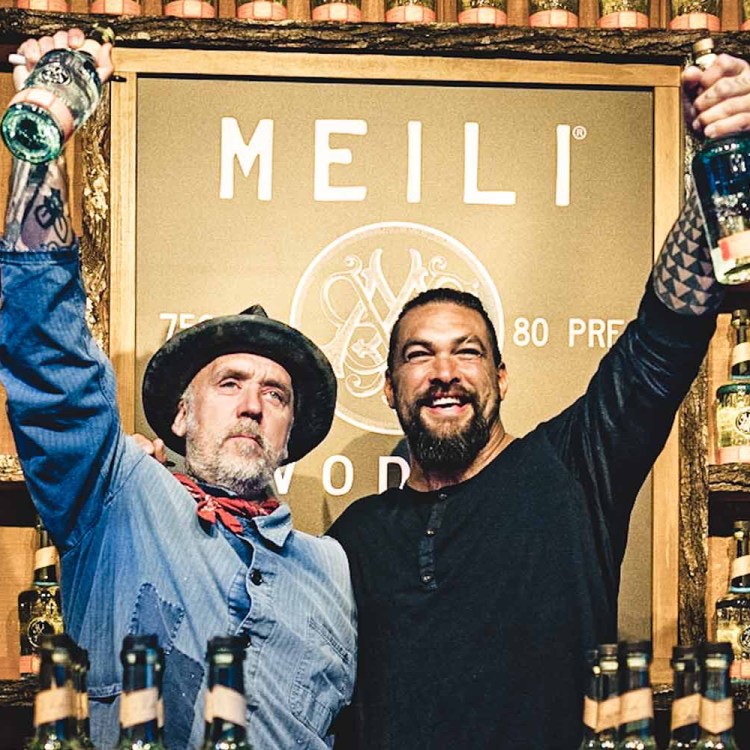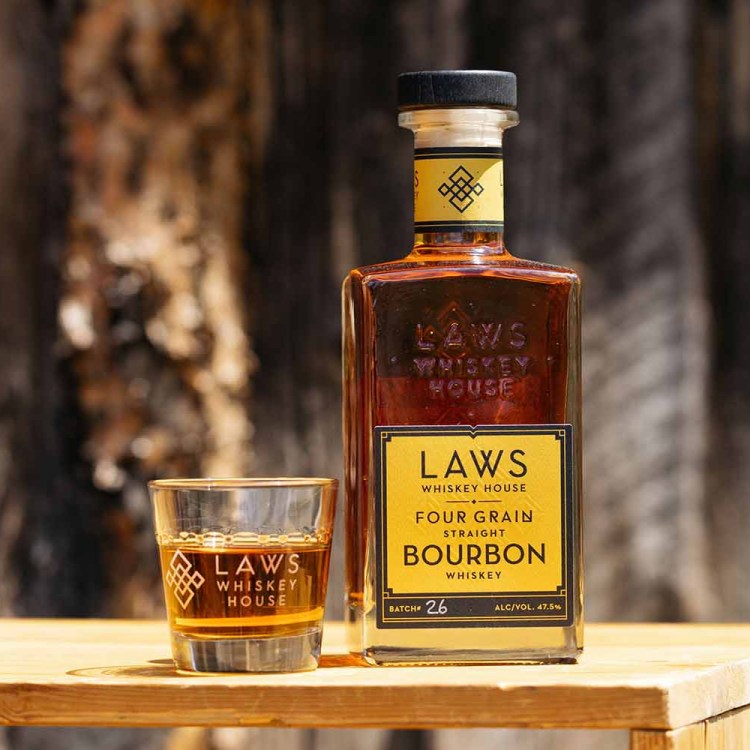If you’re a beer drinker with a penchant for German suds, the name Gaffel Kölsch is likely familiar to you. Perhaps you’ve had it served in a distinctive round carrier — the Kölschkranz — with a handle on top and slots around the rim that hold glasses large or small. For a few years, ordering one of these in lieu of a round of beers for a table was de rigueur when I’d go out with friends to a local bar, mostly because kölsch was and is a remarkably drinkable beer: crisp, flavorful and not too heavy or strong.
While Gaffel Kölsch is Gaffel Becker and Co.’s most well-known beverage, it’s far from the only one they make. On a recent visit to the Rhine Valley, including a stop in Cologne, I asked the brewery’s CEO, Heinrich Becker, some questions about their history and future.
“For us, tradition means that we also look to the future,” Becker says. “We are a family business and see ourselves as an innovative brewery that produces more than just beer. ”
Paradoxically, that’s also meant embracing traditional methods and the local culture of the region where their beer is made. “In 1998 Kölsch became a protected designation of origin, expanding protection to the entire EU,” Becker explains. “Kölsch is therefore a specialty and known all over the world.”
Becker compares the designation of Kölsch to that of Champagne. As for what defines a Kölsch?
“In March 1986, the brewers of Cologne renewed a convention that defines a true Kölsch: a light-colored, highly-fermented, strongly-hopped, bright, top-fermented beer,” he explains. “It has to be served in the famous 0.2-liter, tall, straight Kölsch glass.”
Becker adds that the brewery has tried to balance a global appeal with a commitment to their roots. “We don’t see ourselves as an export brewery,” he says. “We are a regional brewery and serve niches internationally.”
In Becker’s time running the brewery, it’s also made forays into spirits. “In 2014 we launched our first herbal liqueur, Mamma Nero, and started the Gaffel Spirits series,” Becker recalls. That includes, among several options, the memorably-named Papa Rhein.
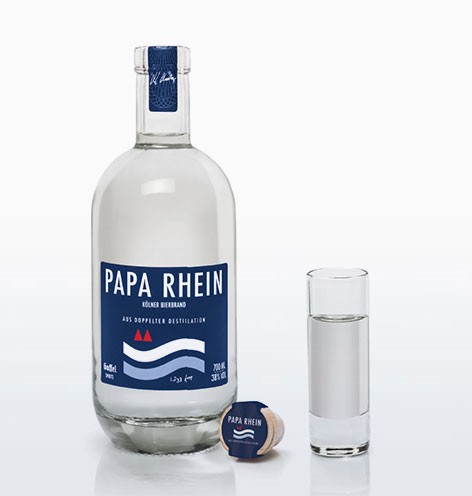
“Papa Rhein has been around for five years,” Becker says. “The beer brandy is made from the alcohol of Gaffel Kölsch.” Specifically, it’s made from water combined with Rhinish malting barley and hops extract. Becker notes that it can be drunk as a shot, but he also recommends mixing it with lemon, sugar syrup, Mandarin orange and mint.
Gaffel has also combined their top-fermenting process with a few ingredients from overseas. Becker cites Gaffel SonnenHopfen, made using Citra hops from Washington State, as a chief example of this. “Traditional brewing takes place in Germany,” he says. “Craft beer is a new phenomenon. Beer with Citra hops was something completely new for the market.” The response has been quite positive, with the beer winning the prestigious Goldener Preis in 2017.
For Becker, 2020 is an exciting year, and one which will bring the brewery’s focus on sports to the forefront. “The European Football Championship 2020 is the big topic across the continent. We are a football-oriented brewery,” he says. This includes working closely with two Bundesliga teams near the brewery: Bayer 04 Leverkusen and 1. FC Köln.
Becker also mentions that the brewery is at work on a host of events for the summer, as well as crafting new varieties of beer. Finding the correct balance between tradition and innovation isn’t always easy, but Gaffel has navigated it well so far.
Join America's Fastest Growing Spirits Newsletter THE SPILL. Unlock all the reviews, recipes and revelry — and get 15% off award-winning La Tierra de Acre Mezcal.
